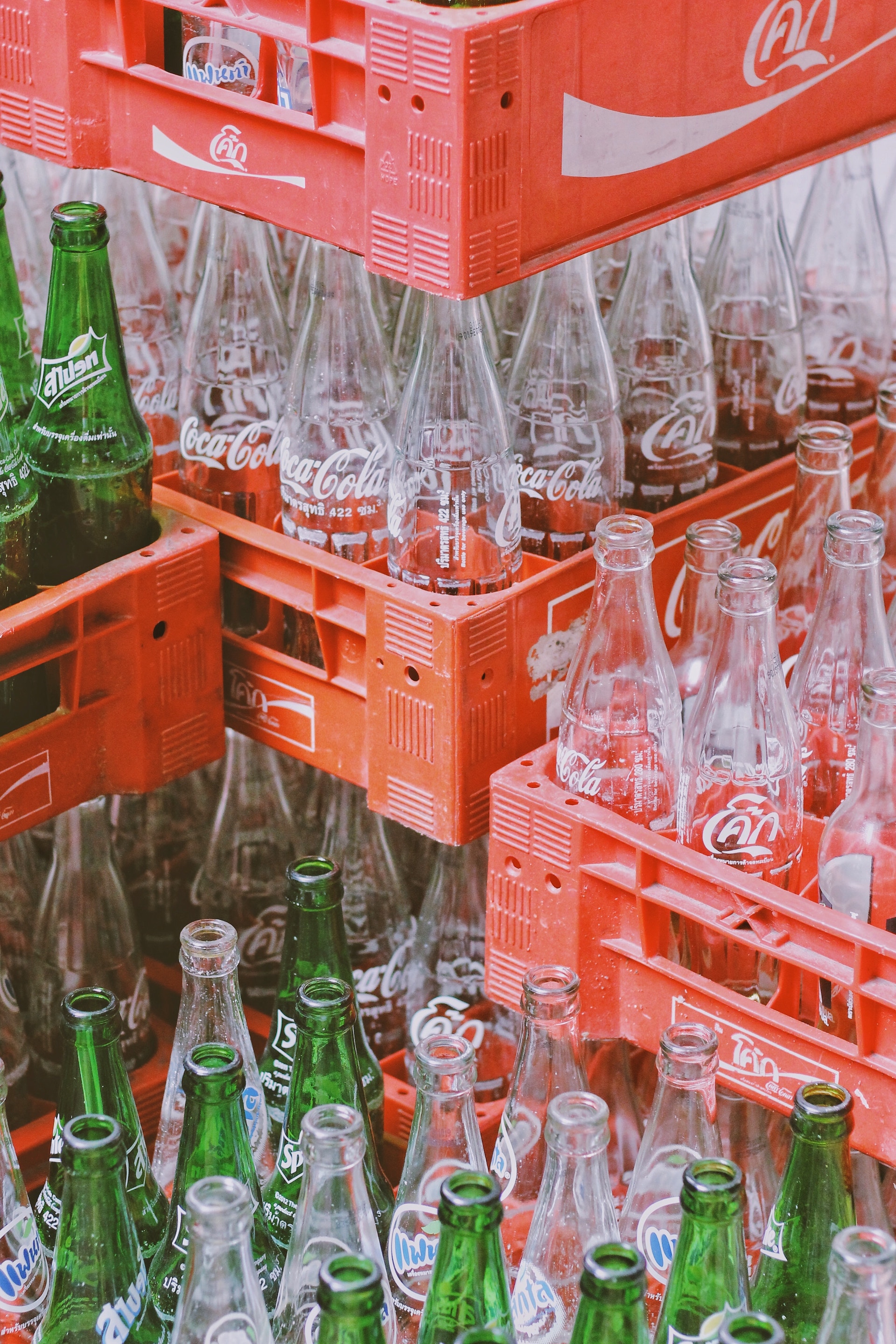China’s ban on waste imports could kick start a creative and sustainable recycling industry in Australia.
Two years after China cracked down on waste imports, Australia faces a serious recycling crisis.
Last month, Victoria’s largest recycling provider, SKM Recycling, was forced to declare insolvency and is now relying on a $10 million loan from the Andrews Labor Government to bring its facilities back online.
The company, which holds contracts with 33 Victorian councils, predicted its collapse would result in 400,000 additional tonnes of recyclable waste ending up in landfill, every year.
Australia generates about 2.5 million tonnes of plastic waste annually. Even with 193 onshore material recovery facilities, more than 85 per cent of it ends up in landfill.










